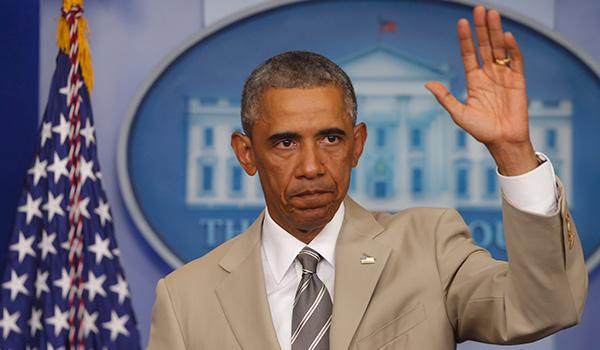If there’s one person who will benefit no matter how Scotland votes in its too-close-to-call independence referendum on September 18, it is deputy first minister Nicola Sturgeon, who has taken a high-profile role leading the ‘Yes’ campaign that supports Scottish independence.![]()
![]()
When Alex Salmond, the leader of the Scottish National Party (SNP) became first minister in May 2007, just eight years after Scotland’s initial elections for its local parliament in Holyrood, Sturgeon became his deputy, and she has served as the deputy leader of the SNP since 2004.
* * * * *
RELATED: How an independent Scotland could enter the EU
* * * * *
If Salmond suffers a defeat in next week’s referendum, the 44-year-old Sturgeon, a popular figure in Scotland, might soon replace the 59-year old Salmond in government. Some SNP deputies are already arguing that, if the ‘Yes’ camp doesn’t win next Thursday, Salmond should resign and allow Sturgeon to become first minister, in much the same way that Tories in Westminster are arguing that British prime minister David Cameron would have to step down if the ‘Yes’ campaign wins.
With polls now showing that the ‘Yes’ campaign has essentially caught up with the ‘No’ campaign, a close defeat may yet be a victory for Salmond. As in Québec in 1980, a narrow loss wouldn’t foreclose another possible vote in a decade’s time. But it might be difficult, after losing Scotland’s best chance at independence, for Salmond to lead the SNP into a campaign for a third consecutive term in the next elections, which must be held before 2016. Moreover, another term as first minister is a letdown from the much headier notion of becoming sovereign Scotland’s first prime minister.
On the other hand, if the ‘Yes’ camp pulls off the victory that just a week ago seemed out of its grasp, Sturgeon would almost certainly rise to deputy prime minister in an independent Scotland, just as much the heir apparent to Salmond then as now. As women flock toward independence, according to many polls, Sturgeon may be the ‘Yes’ campaign’s secret weapon.
The bottom line is that Sturgeon is the favorite to become, within the decade, either Scotland’s next first minister (within the existing UK system) or its second prime minister as an independent country.
In light of all of the questions — including Scotland’s currency and EU membership — that would be settled in its first chaotic years as an independent nation-state, Scotland’s future leadership is one of the key variables in whether it would become viable as a new state.
So what exactly would Sturgeon bring in the way of political skill and states(wo)manship?
Continue reading Who is Nicola Sturgeon? Meet the star of the SNP’s rising generation.

